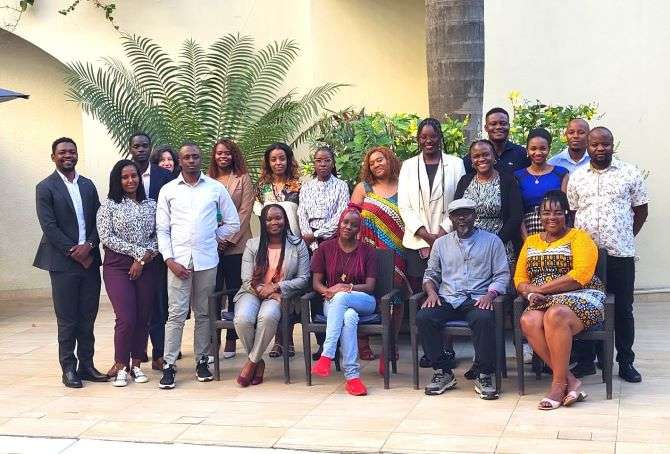By Edrine Wanyama |
Since 2016, the Collaboration on International ICT Policy for East and Southern Africa (CIPESA) has been partnering with the International Center for Not-for-Profit Law (ICNL) to improve African digital civic spaces.
At the September Forum on internet Freedoms in Africa, CIPESA and ICNL convened a digital rights hub in Dar es Salaam, Tanzania aimed at promoting the digital civic space in Africa. The hub brought together civil society organisations (CSOs) representatives from 10 African countries.
Across the continent, there is increased demand for democratic rule yet civic spaces continue to be undermined by state autocracy which still prevails in at least half the continent. Rights and freedoms such as assembly, association, access to information and data privacy in the online space continue to be curtailed. This is despite that 2016 UN Human Rights Council Resolution that called for the protection of rights afforded offline, to be applied in equal measure online.
The hub held discussions on the relationship between digital civic space and its importance to CSOs and the internet infrastructure governance.
Further insights were drawn from developments on artificial intelligence, surveillance, privacy rights, network disruptions, online content moderation, and the burgeoning concerns on disinformation and its impact on the digital society.
The hub concluded by defining the role of CSOs in protecting the digital civic space through effective advocacy strategies such as litigation, legal analysis and the law making process, capacity building of key stakeholders including parliamentarians and making use of regional human rights monitoring mechanisms such as the United Nations Human Rights Council mechanisms like Universal Periodic Review and Special Rapporteurs and the African Commission on Human and Peoples Rights monitoring mechanisms were enumerated.
The emerging statement from the convening can be accessed here

